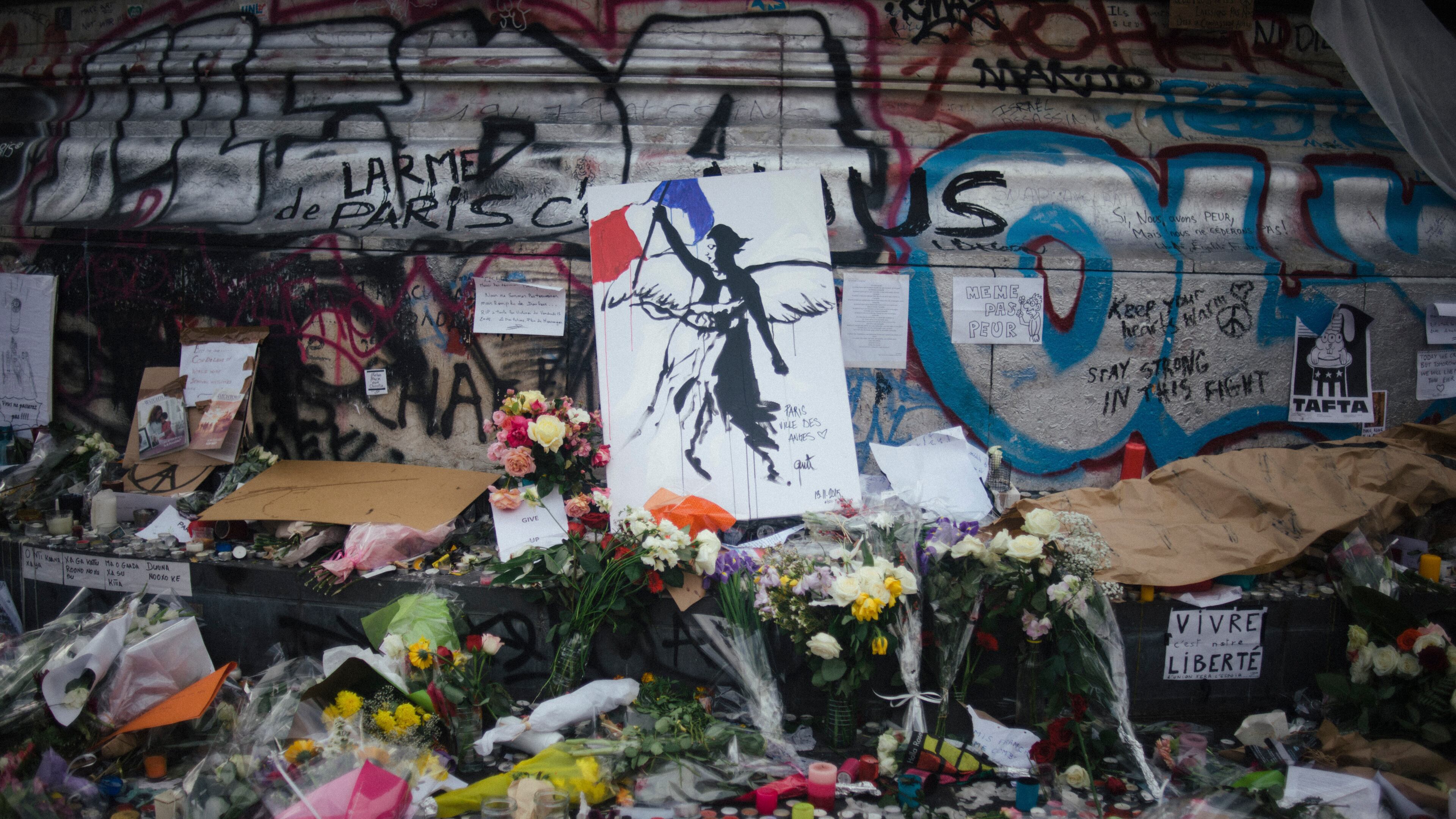How are we going to fight this war we're already in?

There is only one question to ask about the U.S. response to the attacks in Paris : Are we going to wait until it happens here (again) to act like we are in a war with radical Islamists? I hope not, because we clearly are in one: the same war we have been fighting since 9/11 or even before.
I suspect history will not look back on the past decade and a half as a series of separate wars in Afghanistan, Iraq, Libya and Syria -- no more than we consider the Pacific, European and North African theaters in the 1940s to have been three wars, rather than three fronts in the Second World War. For all the people who warn about this president or that one "getting us into World War III," the fact is that we and our allies have been engaged in a world war of varying intensity against radical Islamists for well more than 14 years: from the first World Trade Center bombing to Khobar to Dar es Salaam and Nairobi to the USS Cole to 9/11 to Bali to Madrid to London to Mumbai to Fort Hood to Benghazi to Boston to Paris, with scores of attacks and thousands more dead along the way.
That is not, however, how we have treated this era. If we had, we would have fully recognized the folly of withdrawing troops from Iraq and Afghanistan when we did. Many of us, weary of the human and financial sacrifices our country had made, saw President Obama's withdrawal from Iraq as an inevitability that might be premature but which had to happen at some point. Our short-sightedness, and that of leaders who are supposed to take a longer view, directly opened the vacuum that has been filled by the Islamic State.
What Paris tells us, like 9/11 in its time, is that the war is not over, that radical Islamists are not content to commit murder "over there," that we don't limit our risk when we limit the intensity of our own maneuvers, that we face an adversary that does not play by the rules we have set for ourselves, that we can't retreat from a war that repeatedly has found us, that our adversary doesn't nurse some sort of legitimate grievance even as it justifies attacking Paris as "the capital of prostitution and obscenity."
French President Francois Hollande said Friday night, as the attackers were still being confronted, that France would lead a "pitiless" or "merciless" war against the Islamic State. Such words sound jarring in the ears of a generation or two of Americans who believe the relatively low casualties of the first Gulf War and the air war over Kosovo set a standard by which we should measure all wars. Sadly, that is unrealistic. We tried to fight with measures of pity and mercy in Afghanistan and Iraq, putting our own soldiers at greater risk and spending untold amounts of money to rebuild cities even as war raged on nearby. Sadly, the wars that come to an end are the ones that are fought as Hollande described the one he intends to lead. The winning of hearts and minds comes afterward, and it is notable that our past adversaries in Germany, Italy, Japan and even Vietnam do not regard us as enemies, even though our wars with them in decades past were certainly pitiless and merciless in many ways.
So again, the question is whether we, and our leadership, will wait for another Paris, or another 9/11, before we act like we are in a war with radical Islamists. For they are at war with us, and there is no pity or mercy coming our way from Raqqa.
